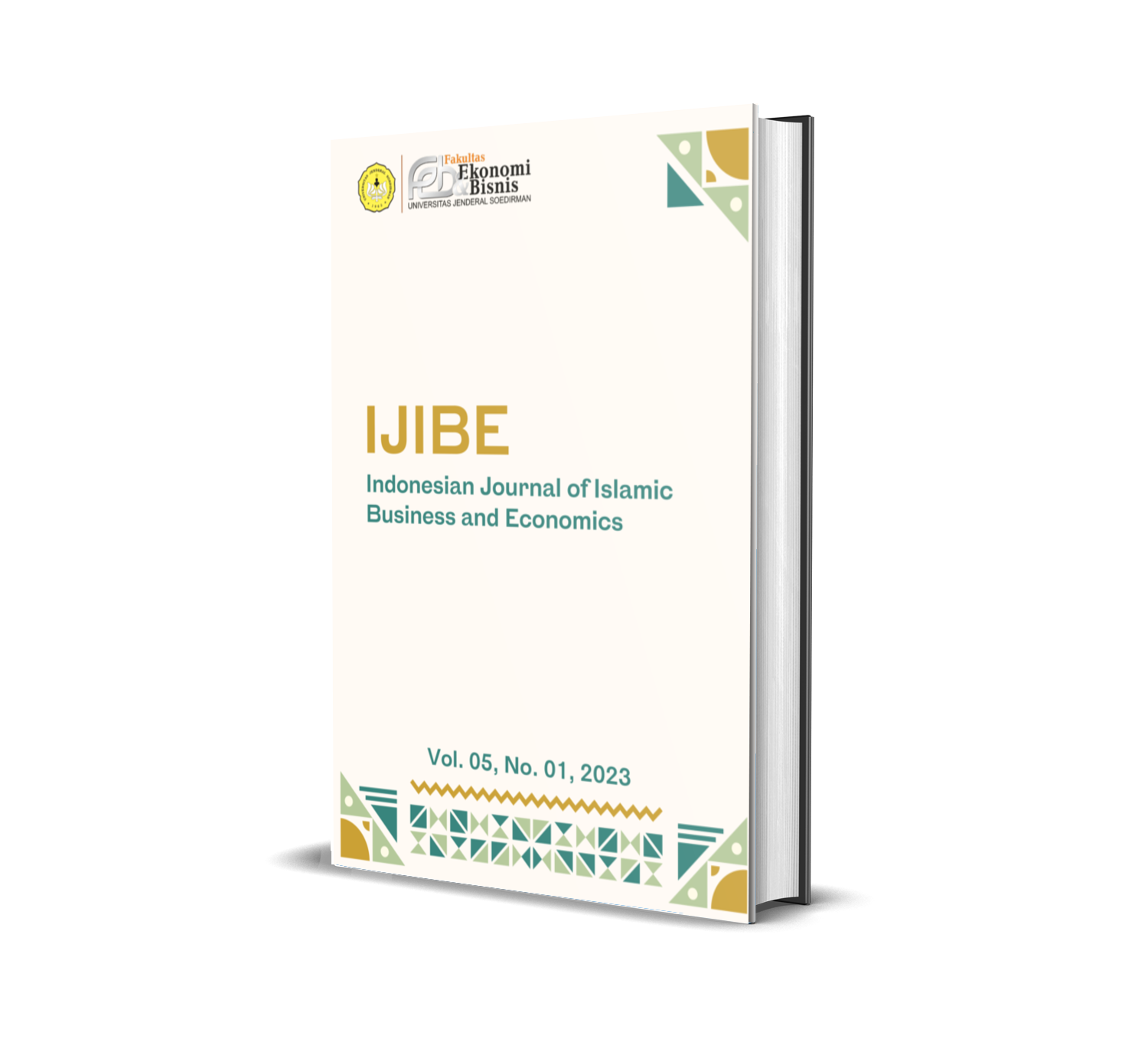Determinants of Accounting Student Career Interest in Sharia Financial Institutions
Main Article Content
Abstract
The purpose of this study is to identify the factors that influence students' desire in working for Islamic financial organizations. The population included undergraduates from Jenderal Soedirman University's accounting department as well as those from Muhammadiyah University Purwokerto, Wijayakusuma University Purwokerto, Nahdlatul Ulama University Purwokerto, and Saifuddin Zuhri State Islamic University Purwokerto's Sharia Banking department. These individuals were either present or prospective students of Sharia accounting courses. There were 93 students who fit the criteria and fully completed the disseminated questionnaire using the convenience sample approach. SPSS software version 25 was used to process and analyze the data. According to the study's findings, knowledge of Islamic accounting, religiosity, and gender have no effect on students' interest in careers in sharia financial institutions. Knowledge of Islamic accounting has a positive effect on students' interest in careers in sharia financial institutions.
Article Details

This work is licensed under a Creative Commons Attribution-NonCommercial-ShareAlike 4.0 International License.
Authors who publish with this journal agree to the following terms:
- Authors retain copyright and grant the journal right of first publication with the work simultaneously licensed under a Creative Commons Attribution License that allows others to share the work with an acknowledgement of the work's authorship and initial publication in this journal.
- Authors are able to enter into separate, additional contractual arrangements for the non-exclusive distribution of the journal's published version of the work (e.g., post it to an institutional repository or publish it in a book), with an acknowledgement of its initial publication in this journal.
- Authors are permitted and encouraged to post their work online (e.g., in institutional repositories or on their website) prior to and during the submission process, as it can lead to productive exchanges, as well as earlier and greater citation of published work (See The Effect of Open Access).

